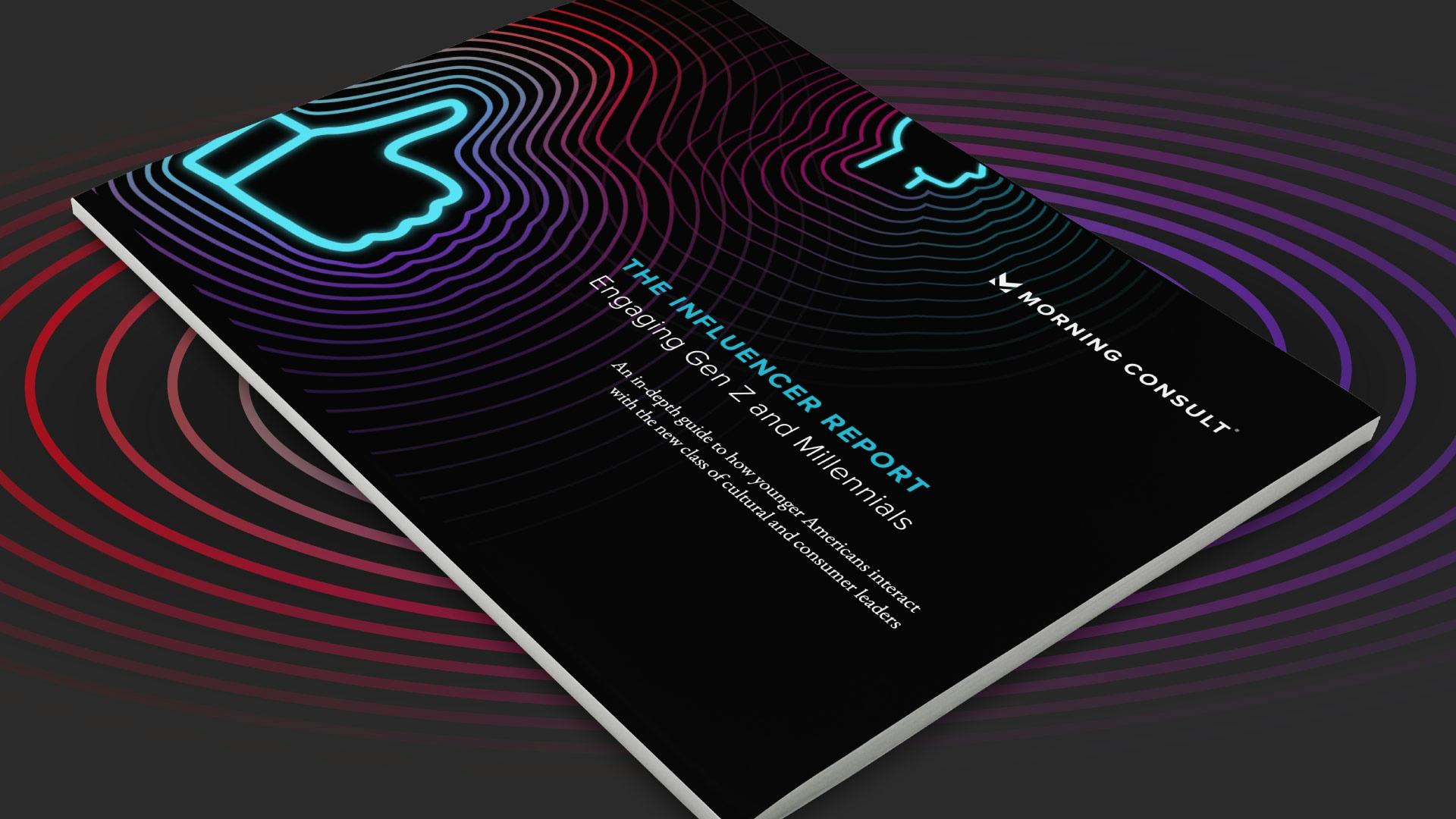
Brands
Report: How Brands Can Succeed at Influencer Marketing
Report summary
Consumer behaviors and attitudes may be constantly evolving, but the allure of influencers — and the draw of becoming one! — remains notable. Influencers’ ability to drive sales and product consideration is why brands will always need to have a robust strategy in place.
But with social media trends coming and going, what brands think they know about consumers’ expectations of influencers needs to be regularly refreshed. That’s why this report seeks to provide a snapshot of what categories of influencers social media users follow, how much they rely on them for advice and much more.
Key Takeaways
- Trust in influencers is growing: The shares of Gen Zers and millennials who said they trust social media influencers grew from 51% in 2019 to 61% in 2023
- Influencers can be aspirational — to a point: While beautiful or aspirational content is important, it’s more of a priority that influencers be smart, authentic and fun.
- Anybody can be an influencer: The main characteristics that define people as influencers in consumers’ minds are that they post entertaining content or share inspiration.
- There isn’t an influencer for everyone: People are more likely to say they don't have a favorite influencer than to agree on one, and 51% of the influencers Gen Z listed as their favorite were unique.
Data Downloads
Morning Consult Pro+ subscribers are able to access the data sets that power our reports and analysis. Learn more and get access.
Methodology
The research fueling this report was fielded June 21-25, 2023, among a representative sample of 2,204 U.S. adults who use Twitter, Facebook, Snapchat, Instagram, TikTok, Twitch, or YouTube, including 1,198 who follow influencers, with unweighted margins of error of +/- 2 and +/-3 percentage points, respectively. An additional survey was fielded June 21-July 6, 2023, among 1,000 Gen Zers ages 13-26 who use Twitter, Facebook, Snapchat, Instagram, TikTok, Twitch, or YouTube, including 811 who follow influencers, with an unweighted margin of error of +/-3 percentage points.
Historical data was drawn from research conducted Sept. 27-30, 2019, among a representative sample of 2,200 Gen Zers (ages 13-22) and millennials (ages 23-38) who use social media platforms, with an unweighted margin of error +/-2 percentage points.
Media & entertainment data also draws from a monthly survey conducted from July 2023 among roughly 2,200 U.S. adults, with an unweighted margin of error +/- 2 percentage points.
Survey conducted June 10-11, 2023, among a representative sample of 2,220 total U.S.
adults, with unweighted margins of error of +/-2 percentage points.
About the authors
Amy He leads Industry Analysis at Morning Consult. Prior to joining Morning Consult, Amy served as the executive editor at eMarketer, and was a China reporter for many years. She graduated from New York University with a bachelor’s degree in journalism and East Asian studies. For speaking opportunities and booking requests, please email [email protected].
Nicki Zink is deputy head of Industry Analysis. Her team identifies trends affecting key demographics across food & beverage, travel & hospitality and financial services. Prior to joining Morning Consult, Nicki served as the head of digital intelligence at Purple Strategies, a corporate reputation and strategy firm. She graduated from Miami University with a bachelor’s degree in mass communication. For speaking opportunities and booking requests, please email [email protected].
Kevin Tran previously worked at Morning Consult as the senior media & entertainment analyst.
Emily Moquin previously worked at Morning Consult as a lead food & beverage analyst.



